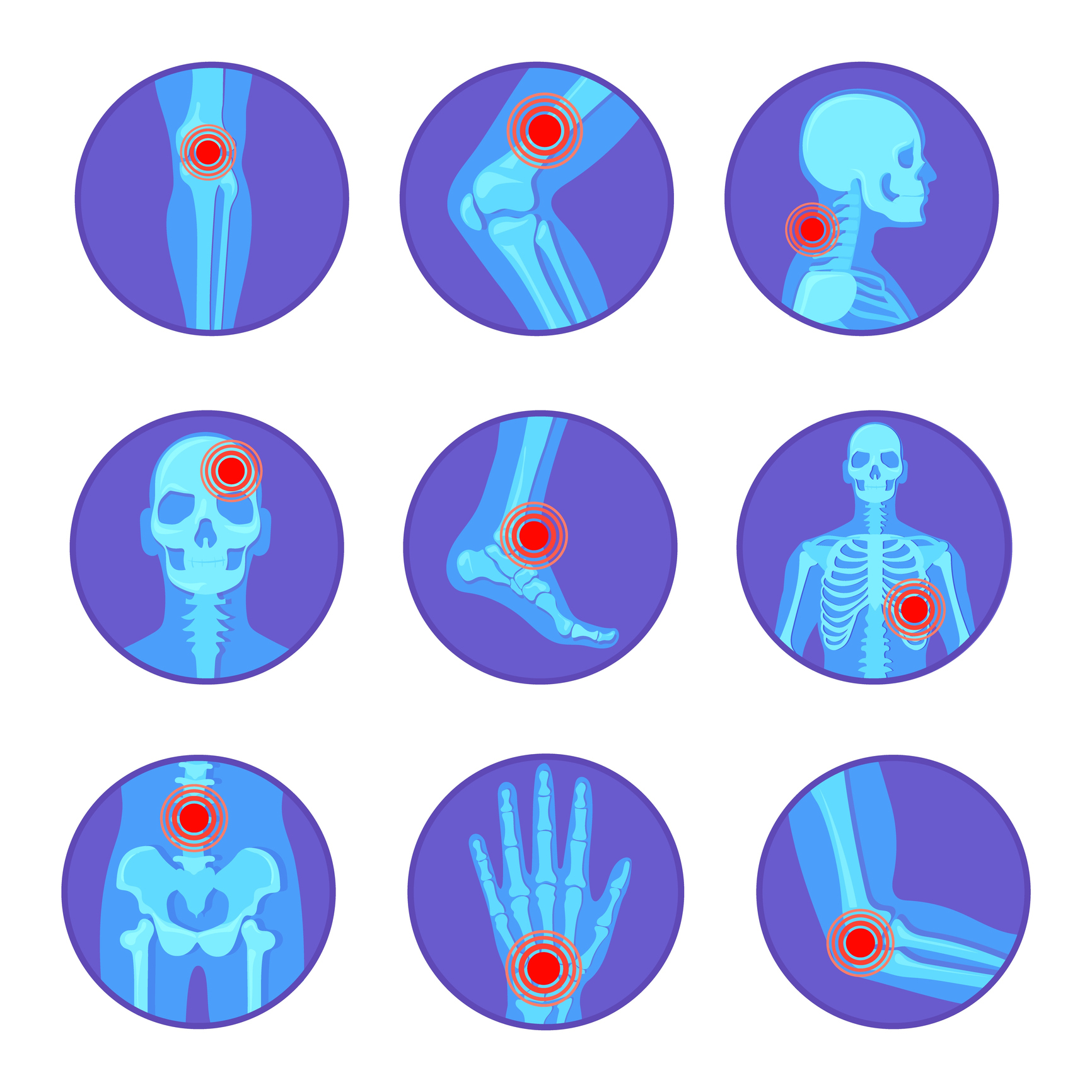Chronic Chagas disease affects humans and animals, involving rural and urban inhabitants. Dogs participate in the maintenance and transmission of Trypanosoma cruzi. The objective of this study was to evaluate the presence of T. cruzi in dogs and their ticks and fleas, in a rural area of Central Chile. Trypanosoma cruzi was detected by PCR both in dogs and ectoparasites. From the blood samples obtained, 57% were infected by T. cruzi, 5.4% of the ticks detected were positive, and all fleas were negative. Additionally, we performed electrocardiograms and found supraventricular arrhythmia in 44% of T. cruzi-positive dogs. Nevertheless, their risk for supraventricular arrhythmias was not higher in infected versus noninfected dogs. Considering the detected infection levels, dogs act as T. cruzi hosts in Central Chile, and ticks could be used as an indicator of infection when blood samples are not available. However, at this point, there is no indication that these ticks could pass on the parasite to another host. Periodic ectoparasitic treatment of pets should reduce the chance of vectorial transmission of T. cruzi and improve canine health; however, this is an uncommon practice among rural communities, so governmental programs are encouraged to tackle this problem.© 2021 The Royal Entomological Society.
Detection of Trypanosoma cruzi infection by PCR in Canis lupus familiaris and their ectoparasites in Chile.


